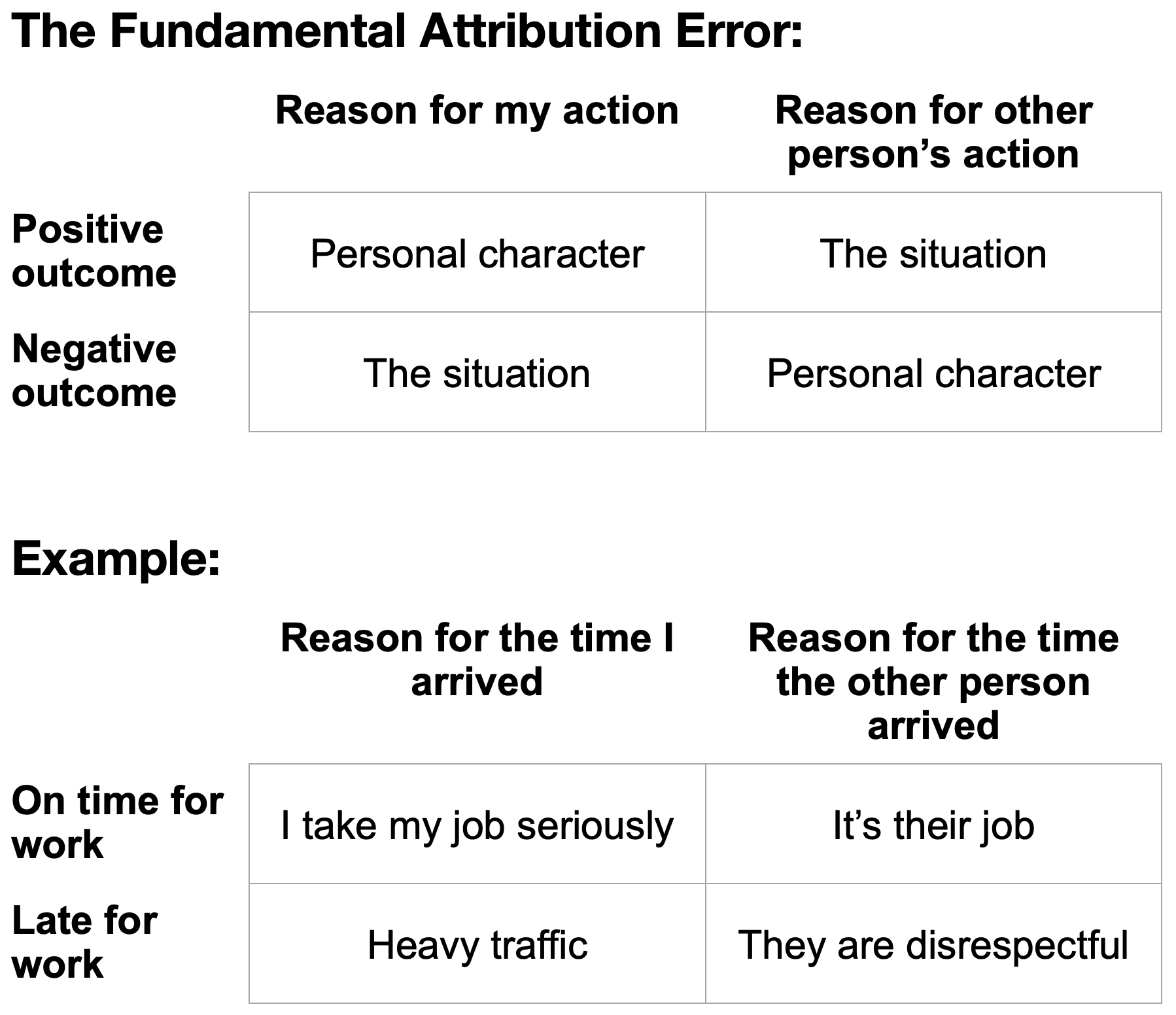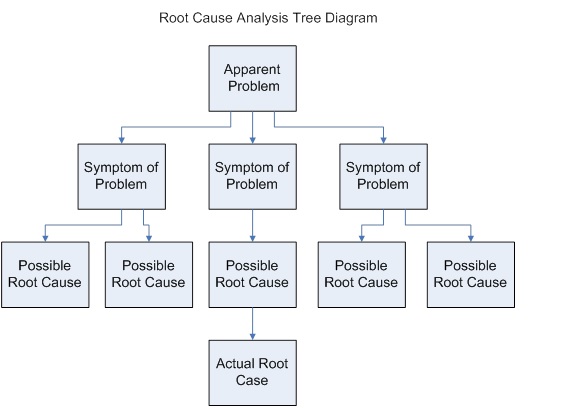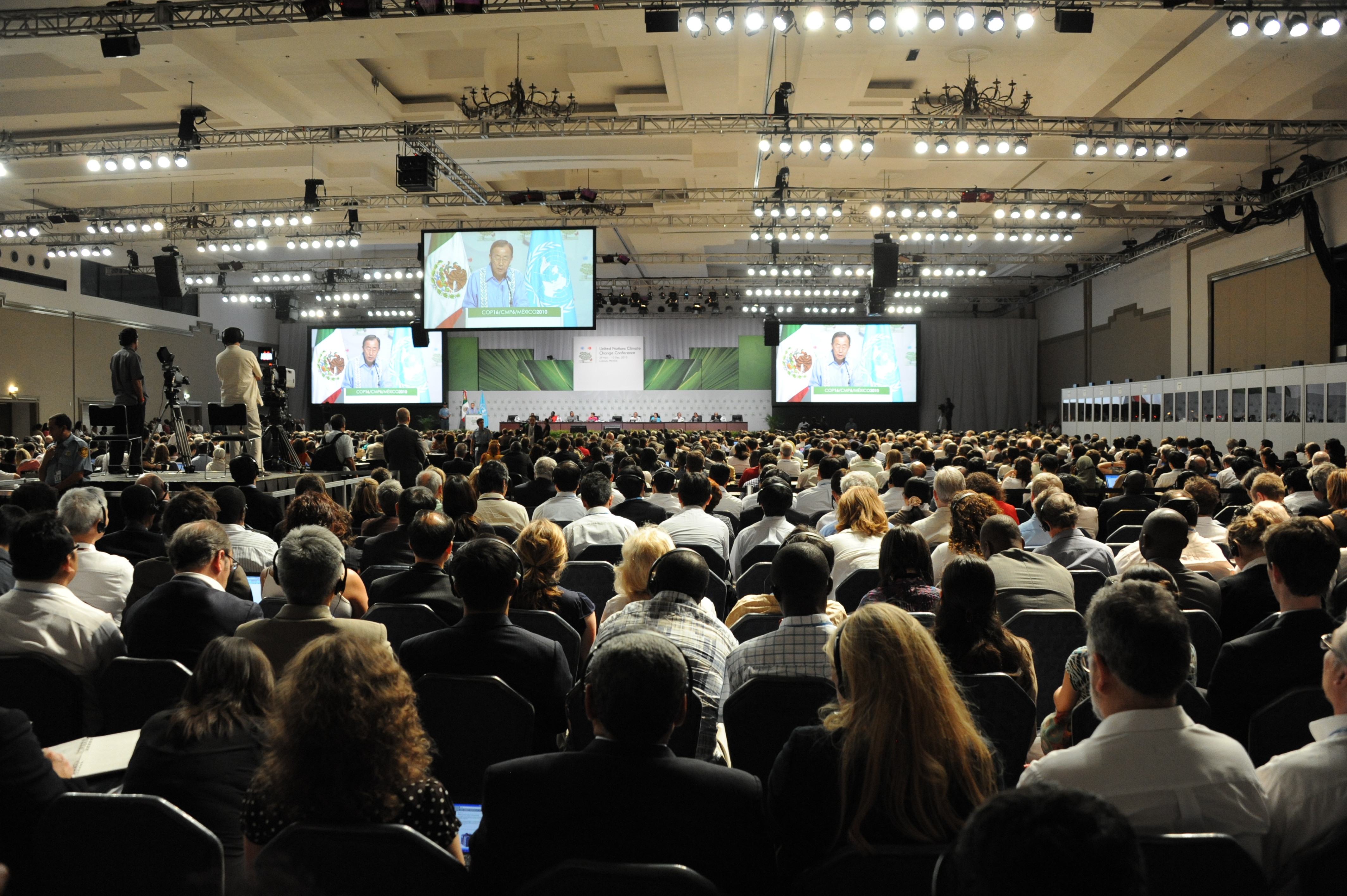|
Sustainability And Systemic Change Resistance
The environmental sustainability problem has proven difficult to solve. The modern environmental movement has attempted to solve the problem in a large variety of ways. But little progress has been made, as shown by severe ecological footprint overshoot and lack of sufficient progress on the climate change problem. Something within the human system is preventing change to a sustainable mode of behavior. That system trait is systemic change resistance. Change resistance is also known as organizational resistance, barriers to change, or policy resistance. Overview of resistance to solving the sustainability problem While environmentalism had long been a minor force in political change, the movement strengthened significantly in the 1970s with the first Earth Day in 1970, in which over 20 million people participated, with publication of ''The Limits to Growth'' in 1972, and with the first United Nations Conference on the Human Environment in Stockholm in 1972. Early expectations the p ... [...More Info...] [...Related Items...] OR: [Wikipedia] [Google] [Baidu] |
Sustainability
Sustainability is a social goal for people to co-exist on Earth over a long period of time. Definitions of this term are disputed and have varied with literature, context, and time. Sustainability usually has three dimensions (or pillars): environmental, economic, and social. Many definitions emphasize the environmental dimension. This can include addressing key environmental problems, including climate change and biodiversity loss. The idea of sustainability can guide decisions at the global, national, organizational, and individual levels. A related concept is that of sustainable development, and the terms are often used to mean the same thing. UNESCO distinguishes the two like this: "''Sustainability'' is often thought of as a long-term goal (i.e. a more sustainable world), while ''sustainable development'' refers to the many processes and pathways to achieve it." Details around the economic dimension of sustainability are controversial. Scholars have discussed this under ... [...More Info...] [...Related Items...] OR: [Wikipedia] [Google] [Baidu] |
Al Gore
Albert Arnold Gore Jr. (born March 31, 1948) is an American former politician, businessman, and environmentalist who served as the 45th vice president of the United States from 1993 to 2001 under President Bill Clinton. He previously served as a United States senator from 1985 to 1993 and as a member of the United States House of Representatives, U.S. House of Representatives from 1977 to 1985, in which he represented Tennessee. Gore was the Democratic Party (United States), Democratic List of United States Democratic Party presidential tickets, nominee for president of the United States in the 2000 United States presidential election, 2000 presidential election, which he lost to George W. Bush despite winning the Direct election, popular vote. The son of politician Albert Gore Sr., Gore was an elected official for 24 years. He was a United States House of Representatives, U.S. representative from Tennessee (1977–1985) and, from 1985 to 1993, served as a United States Senate, ... [...More Info...] [...Related Items...] OR: [Wikipedia] [Google] [Baidu] |
Fundamental Attribution Error
In social psychology, the fundamental attribution error is a cognitive attribution bias in which observers underemphasize situational and environmental factors for the behavior of an actor while overemphasizing dispositional or personality factors. In other words, observers tend to overattribute the behaviors of others to their personality (e.g., ''he is late because he's selfish'') and underattribute them to the situation or context (e.g., ''he is late because he got stuck in traffic''). Although personality traits and predispositions are considered to be observable facts in psychology, the fundamental attribution error is an error because it misinterprets their effects. The group attribution error is identical to the fundamental attribution error, where the bias is shown between members of different groups rather than different individuals. The ultimate attribution error is a derivative of the fundamental attribution error and group attribution error relating to the acti ... [...More Info...] [...Related Items...] OR: [Wikipedia] [Google] [Baidu] |
John Sterman
John David Sterman is the Jay W. Forrester Professor of Management, and the current director of the MIT System Dynamics Group at the MIT Sloan School of Management. He is also co-faculty at the New England Complex Systems Institute. He is mostly considered as the current leader of the System Dynamics school of thought. He is the author of '' Business Dynamics: Systems Thinking and Modeling for a Complex World''. Prof. Sterman has twice been awarded the Jay W. Forrester Prize for the best published work in system dynamics, won an IBM Faculty Award, won the Accenture Award for the best paper of the year published in the California Management Review, has seven times won awards for teaching excellence, and was named one of the MIT Sloan School's "Outstanding Faculty" by the Business Week Guide to the Best Business Schools. He has been featured on public television's News Hour, National Public Radio's Marketplace, CBC television, Fortune, the Financial Times, Business Week, and ot ... [...More Info...] [...Related Items...] OR: [Wikipedia] [Google] [Baidu] |
Ecological Economics
Ecological economics, bioeconomics, ecolonomy, eco-economics, or ecol-econ is both a transdisciplinary and an interdisciplinary field of academic research addressing the interdependence and coevolution of human economy, economies and natural ecosystems, both intertemporally and spatially. By treating the economy as a subsystem of Earth's larger ecosystem, and by emphasizing the preservation of natural capital, the field of ecological economics is differentiated from environmental economics, which is the mainstream economics, mainstream economic analysis of the environment. One survey of German economists found that ecological and environmental economics are different schools of economic thought, with ecological economists emphasizing strong sustainability and rejecting the proposition that Physical capital, physical (human-made) capital can substitute for natural capital (see the section on #Weak versus strong sustainability, weak versus strong sustainability below). Ecological ... [...More Info...] [...Related Items...] OR: [Wikipedia] [Google] [Baidu] |
Decoupling (organizational Studies)
__NOTOC__ Decoupling usually refers to the ending, removal or reverse of coupling. Decoupling may also refer to: Economics * Decoupling (advertising), the purchase of services directly from suppliers rather than via an advertising agency * Decoupling (utility regulation), the disassociation of a utility's profits from its sales * Decoupling and re-coupling in economics, where country's economies are no longer impacted by each other * Decoupling (organizational studies), creating and maintaining separation between policy, implementation and/or practice * Decoupling of wages from productivity, sometimes known as the Great Decoupling * Eco-economic decoupling, economic growth without increase in environmental costs Science * Decoupling (cosmology), transition from close interactions between particles to their effective independence * Decoupling (meteorology), change in the interaction between atmospheric layers at night * Decoupling (neuropsychopharmacology), changes in neuro ... [...More Info...] [...Related Items...] OR: [Wikipedia] [Google] [Baidu] |
Feedback Loops
Feedback occurs when outputs of a system are routed back as inputs as part of a chain of cause and effect that forms a circuit or loop. The system can then be said to ''feed back'' into itself. The notion of cause-and-effect has to be handled carefully when applied to feedback systems: History Self-regulating mechanisms have existed since antiquity, and the idea of feedback started to enter economic theory in Britain by the 18th century, but it was not at that time recognized as a universal abstraction and so did not have a name. The first ever known artificial feedback device was a float valve, for maintaining water at a constant level, invented in 270 BC in Alexandria, Egypt. This device illustrated the principle of feedback: a low water level opens the valve, the rising water then provides feedback into the system, closing the valve when the required level is reached. This then reoccurs in a circular fashion as the water level fluctuates. Centrifugal governors were used ... [...More Info...] [...Related Items...] OR: [Wikipedia] [Google] [Baidu] |
Root Cause Analysis
In science and engineering, root cause analysis (RCA) is a method of problem solving used for identifying the root causes of faults or problems. It is widely used in IT operations, manufacturing, telecommunications, industrial process control, accident analysis (e.g., in aviation, rail transport, or nuclear plants), medical diagnosis, the healthcare industry (e.g., for epidemiology), etc. Root cause analysis is a form of inductive inference (first create a theory, or ''root'', based on empirical evidence, or ''causes'') and deductive inference (test the theory, i.e., the underlying causal mechanisms, with empirical data). RCA can be decomposed into four steps: # Identify and describe the problem clearly # Establish a timeline from the normal situation until the problem occurrence # Distinguish between the root cause and other causal factors (e.g., via event correlation) # Establish a causal graph between the root cause and the problem. RCA generally serves as input to a r ... [...More Info...] [...Related Items...] OR: [Wikipedia] [Google] [Baidu] |
Rio De Janeiro
Rio de Janeiro, or simply Rio, is the capital of the Rio de Janeiro (state), state of Rio de Janeiro. It is the List of cities in Brazil by population, second-most-populous city in Brazil (after São Paulo) and the Largest cities in the Americas, sixth-most-populous city in the Americas. Founded in 1565 by the Portuguese people, Portuguese, the city was initially the seat of the Captaincy of Rio de Janeiro, a domain of the Portuguese Empire. In 1763, it became the capital of the State of Brazil, a List of states of the Portuguese Empire, state of the Portuguese Empire. In 1808, when the Transfer of the Portuguese Court to Brazil, Portuguese Royal Court moved to Brazil, Rio de Janeiro became the seat of the court of Queen Maria I of Portugal. She subsequently, under the leadership of her son the prince regent John VI of Portugal, raised Brazil to the dignity of a kingdom, within the United Kingdom of Portugal, Brazil and the Algarves, United Kingdom of Portugal, Brazil, and Algar ... [...More Info...] [...Related Items...] OR: [Wikipedia] [Google] [Baidu] |
Earth Summit
The United Nations Conference on Environment and Development (UNCED), also known as the Rio de Janeiro Conference or the Earth Summit (Portuguese: ECO92, Cúpula da Terra), was a major United Nations conference held in Rio de Janeiro from 3 to 14 June 1992. The 1972 United Nations Conference on the Human Environment (UNCHE) or the Stockholm Conference, was the first global conference to address environmental issues. It took place in Stockholm, Sweden from June 5–16, 1972. Earth Summit was created as a means for member states to cooperate together internationally on development issues after the Cold War. Due to issues relating to sustainability being too big for individual member states to handle, Earth Summit was held as a platform for other member states to collaborate. A key achievement of the 1992 conference was the establishment of the United Nations Framework Convention on Climate Change (UNFCCC) established in part as an international environmental treaty to comba ... [...More Info...] [...Related Items...] OR: [Wikipedia] [Google] [Baidu] |
United Nations Framework Convention On Climate Change
The United Nations Framework Convention on Climate Change (UNFCCC) is the UN process for negotiating an agreement to limit dangerous climate change. It is an international treaty among countries to combat "dangerous human interference with the climate system". The main way to do this is limiting the increase in greenhouse gases in the atmosphere. It was signed in 1992 by 154 states at the United Nations Conference on Environment and Development (UNCED), informally known as the Earth Summit, held in Rio de Janeiro. The treaty entered into force on 21 March 1994. "UNFCCC" is also the name of the Secretariat charged with supporting the operation of the convention, with offices on the UN Campus in Bonn, Germany. The convention's main objective is explained in Article 2. It is the "stabilization of greenhouse gas concentrations in the atmosphere at a level that would prevent dangerous anthropogenic .e., human-causedinterference with the climate system". The treaty calls for ... [...More Info...] [...Related Items...] OR: [Wikipedia] [Google] [Baidu] |
Cancun Climate Summit
The 2010 United Nations Climate Change Conference was held in Cancún, Mexico, from 29 November to 10 December 2010. The conference is officially referred to as the 16th session of the Conference of the Parties to the United Nations Framework Convention on Climate Change (UNFCCC) and the 6th session of the Conference of the Parties serving as the meeting of the Parties to the Kyoto Protocol. In addition, the two permanent subsidiary bodies of the UNFCCC — the Subsidiary Body for Scientific and Technological Advice (SBSTA) and the Subsidiary Body for Implementation (SBI) — held their 33rd sessions. The 2009 United Nations Climate Change Conference extended the mandates of the two temporary subsidiary bodies, the Ad Hoc Working Group on Further Commitments for Annex I Parties under the Kyoto Protocol (AWG-KP) and the Ad Hoc Working Group on Long-term Cooperative Action under the Convention (AWG-LCA), and they met as well. Background Following the non-binding Copenhagen Accor ... [...More Info...] [...Related Items...] OR: [Wikipedia] [Google] [Baidu] |





